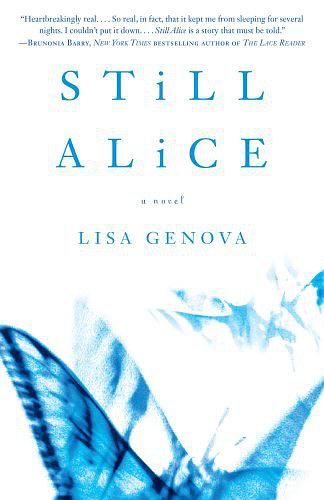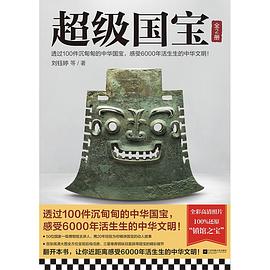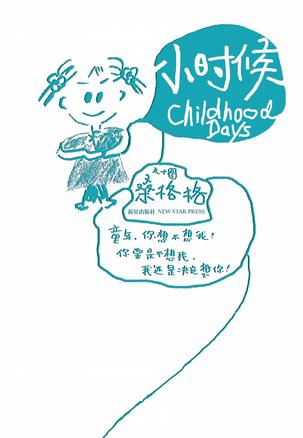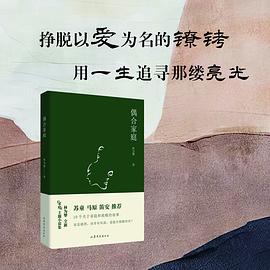内容简介
Neuroscientist and debut novelist Genova mines years of experience in her field to craft a realistic portrait of early onset Alzheimer's disease. Alice Howland has a career not unlike Genova's—she's an esteemed psychology professor at Harvard, living a comfortable life in Cambridge with her husband, John, arguing about the usual (making quality time together, their daughter's move to L.A.) when the first symptoms of Alzheimer's begin to emerge. First, Alice can't find her Blackberry, then she becomes hopelessly disoriented in her own town. Alice is shocked to be diagnosed with early onset Alzheimer's (she had suspected a brain tumor or menopause), after which her life begins steadily to unravel. She loses track of rooms in her home, resigns from Harvard and eventually cannot recognize her own children. The brutal facts of Alzheimer's are heartbreaking, and it's impossible not to feel for Alice and her loved ones, but Genova's prose style is clumsy and her dialogue heavy-handed. This novel will appeal to those dealing with the disease and may prove helpful, but beyond the heartbreaking record of illness there's little here to remember.
......(更多)
作者简介
......(更多)
目录
......(更多)
读书文摘
“你现在就要谈,又要待在家里,你怎么突然变得这么蛮不讲理了。发生什么事了吗?” “蛮不讲理”这个词重重地击中了她脆弱的神经。“蛮不讲理”的近义词是“胡搅蛮缠”“无理取闹”。她父亲就是。她一生都在努力避免让自己变成他那样的人。
人们害怕公共演讲的程度甚至超过害怕死亡。 ... 让他在演讲和死亡之间进行选择,他可能不会选择后者。但让他在演讲和蛇蝎之类的毒物之间进行选择,那么毫无疑问,他会选择后者。
......(更多)






